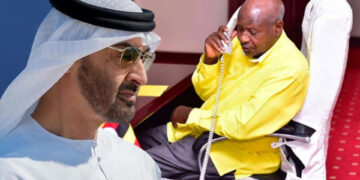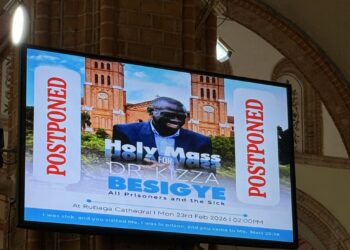By Leonard Kamugisha Akida,
KAMPALA
The Uganda People’s Congress (UPC) has strongly condemned the government’s decision to extend the tenure of Local Council (LC) 1 and 2 officials, describing it as a blow to the country’s democratic development.
Government through the ministry of Local Government announced in the The Uganda Gazette of 2nd July 2024, that they have extended the term of office of administrative unit councils (LC 1 and II) for another one hundred eighty days (180) starting from 4th July 2024. This is a third time government is extending elections of Local Councils with the second extension which is expiring today, 3rd July 2024.
UPC spokesperson, Sharon Oyat Arach, expressed the party’s disappointment and outrage over the government’s move, which they say is a deliberate attempt to deny citizens their right to elect their leaders.
“If the government had goodwill to conduct these local council elections, it wouldn’t have extended at a time when the budget has just been read,” said Arach.

The spokesperson said extension of the term of office of administrative unit councils is a setback for our young democracy and a betrayal of the trust Ugandans have placed in their leaders.
The UPC is calling on the government to prioritize local government elections and allocate necessary resources to ensure their successful conduct. The party argues that holding democratic elections is essential for strengthening democratic institutions and ensuring that citizens’ rights are respected.
At the second extension of this tenure in July last year (2023), Justice Simon Mugenyi Byabakama, the Chairman of the Electoral Commission, stated that the commission requires sixty billion shillings (Shs60b) to conduct Local Council (LC) and women council elections across the country. Despite this request, no action has been taken to date, as the government has claimed that it lacks the necessary funds to conduct these elections. The government’s decision to extend the tenure of LC1 and LC2 officials concurrently has been met with widespread criticism from opposition parties and civil society organizations, who see it as a power grab by the ruling party.

The controversy has sparked fears of a looming democratic crisis in Uganda, with many calling for the government to reconsider its decision and prioritize democratic elections.








































